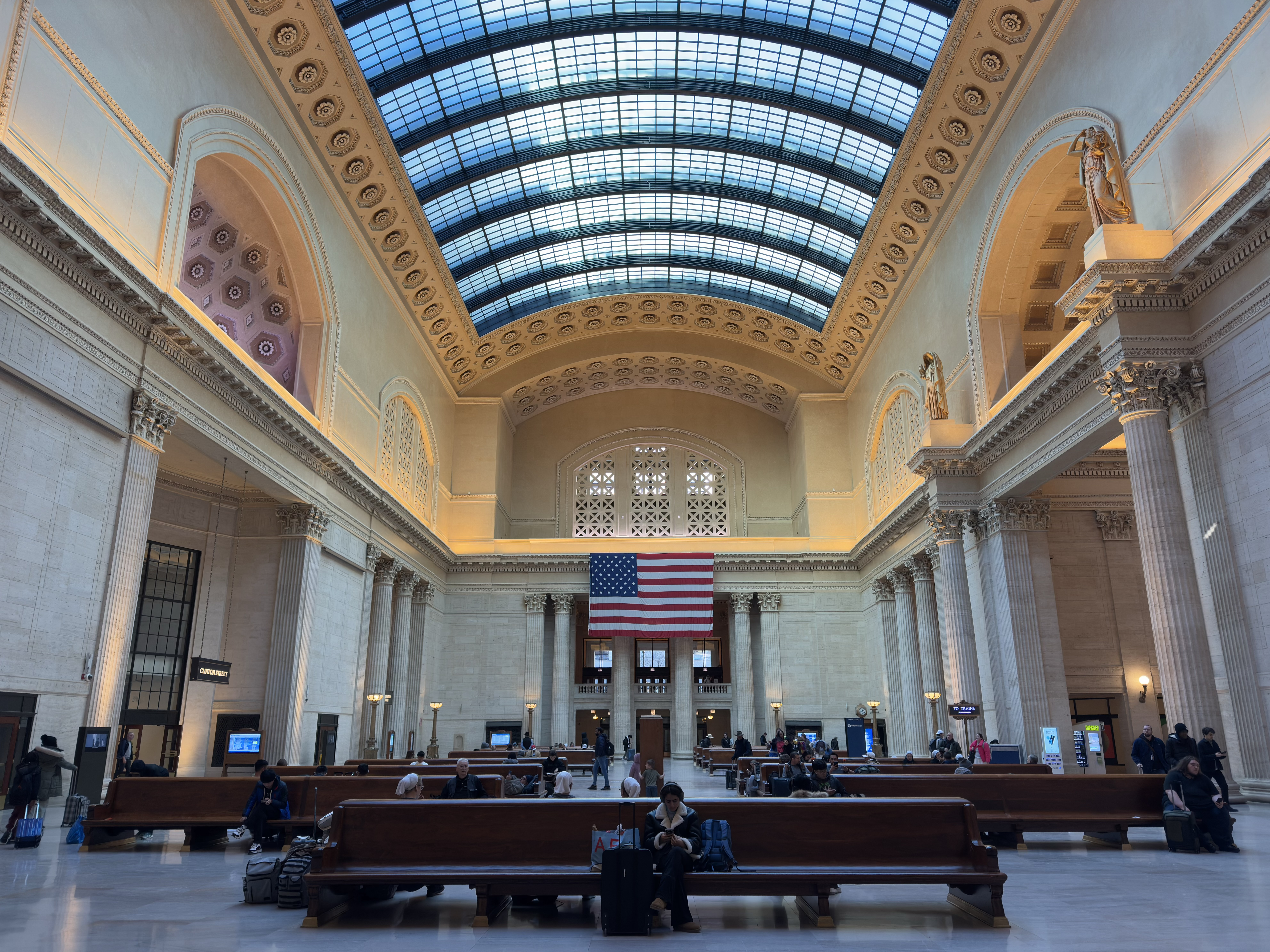Why we need a John Adams memorial in DC
John Adams and John Quincy Adams were public figures who made significant contributions to the founding and expansion of the American republic, and an effort is being made to establish a memorial in recognition of their contributions.

For some people, becoming president of the United States marks the apex of their ambition. However, it is not always the high point of their careers in public service. Perhaps the clearest examples of distinguished public careers taking a back seat to a mixed legacy as president are those of John and John Quincy Adams.
Although John Adams has been the subject of several recent admiring biographies, including one that was transformed into an HBO miniseries, more recently he served as nothing more than a punchline in Lin-Manuel Miranda’s "Hamilton: A Musical." Even Aaron Burr and King George III fared better. Yet Adams was a revolutionary long before Hamilton arrived in Manhattan, using his own legal skills as well as his propensity for writing to advance what evolved from an assertion of colonists’ rights to a call for independence.
Without Adams, 1776 might just have been another year in America’s chronology.
As we approach the bicentennial of the elder Adams’s passing (during his son’s presidency), it is time to recognize the Adams' achievements and service to the nation they did so much to create and establish. The Great American Heroes Act was recently introduced in the U.S. House of Representatives to extend the work of the John Adams Memorial Commission to establish a fitting memorial and to select a location near the White House.
As a diplomat Adams may have lacked the color of a Benjamin Franklin or the flair of a Thomas Jefferson, but his successes, especially in securing financial support, proved critical to winning the Revolution and representing the new republic. Contemporaries understood that when he (and not Jefferson, Madison, or Hamilton) was elected vice president, he was surpassed only by George Washington. Adams endured the thankless task of finding out just how anonymous that office might be before having to follow Washington in office as president, a rather daunting task. Yet at a time when Adams could finally have enjoyed the unalloyed popularity, he had so long craved, his decision to seek a diplomatic resolution of an undeclared war with France proved pivotal in damaging his chances at reelection.
“I must study politics and war, that our sons may have liberty to study mathematics and philosophy,” Adams once wrote his wife Abigail. Yet his eldest son, John Quincy Adams, followed in his father’s footsteps, serving the young republic as a diplomat and a member of Congress, and was part of the American delegation that negotiated a settlement with Great Britain that ended the War of 1812.
Quincy Adams was rewarded less than two years later with the position of Secretary of State under James Monroe. Quincy Adams’s eight years of service in that position were momentous ones, whether it was establishing his nation’s claim to the Pacific Coast, reconciling disagreements and establishing borders with Great Britain and Spain, securing Florida, or in advancing the principles that ultimately became known as the Monroe Doctrine in 1823.
The next year Quincy Adams ran for president: His ultimate victory proved controversial, fostering immediate efforts to obstruct his presidency. Four years later, like his father, he lost reelection; like his father, he failed to attend his successor’s inauguration.
However, John Quincy Adams, unlike his father, enjoyed a second act in public life. Elected to Congress as a representative from Massachusetts in 1830, he became known as a staunch antislavery advocate who highlighted white southerners’ willingness to flaunt constitutional safeguards to advance the cause of slavery.
Like his father, who had undertaken the formidable task of defending those British soldiers indicted for murder in the aftermath of the Boston Massacre in 1770, Adams undertook to defend before the Supreme Court the enslaved Africans who had taken over the Spanish slave ship Amistad in a bloody effort to seize their freedom. He prevailed.
Some say that behind every great man is a woman. In the cases of John and John Quincy Adams, that woman was Abigail (Smith) Adams, who has perhaps fared better than has either her husband or eldest son in Americans’ historical memory. “Remember the ladies,” she admonished her husband in 1776 as he endeavored to establish the basis for American independence. Educated by her mother and grandmother, she became a voracious reader, which served her well when she conversed with her husband on various public matters in war and peace. Her correspondence with John remains an importance source for understanding the period.
Americans have not always appreciated the contributions of these three people to the founding and expansion of the American republic. An effort to raise a memorial to their contributions (as well as those of other family members) has encountered challenges over time, despite Congressional authorization. Neither John nor John Quincy Adams would be surprised: they were always suspicious of the tenuous nature of public acclaim even as they hoped to receive it.
Brooks D. Simpson is ASU Foundation Professor of History at Arizona State University. He writes and speaks on American political and military history, especially during the era of the American Civil War and Reconstruction, as well as the American presidency.











































































